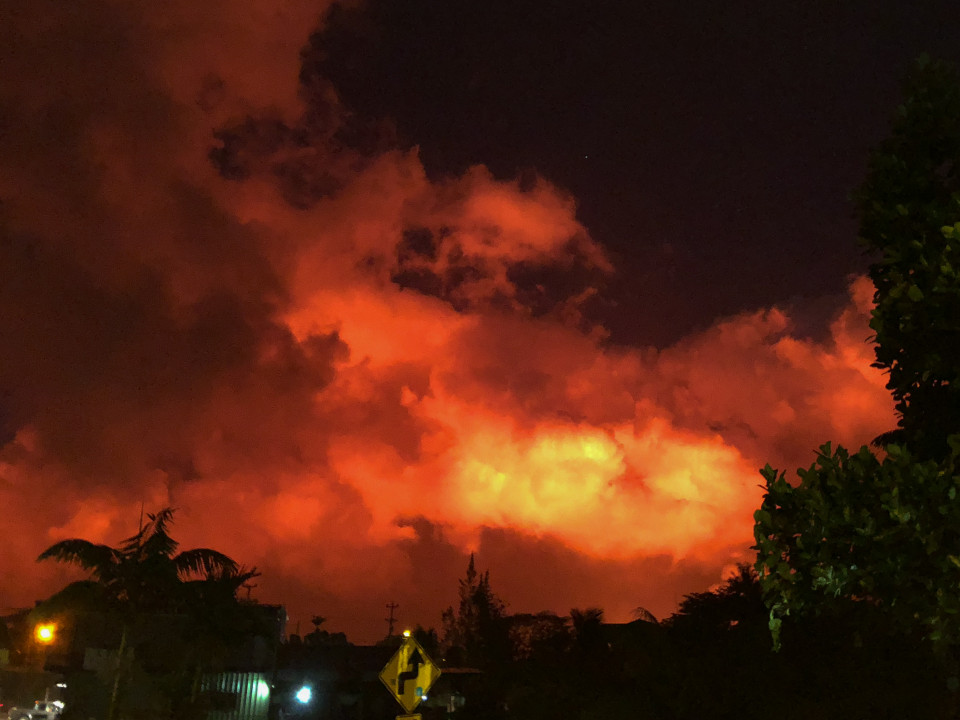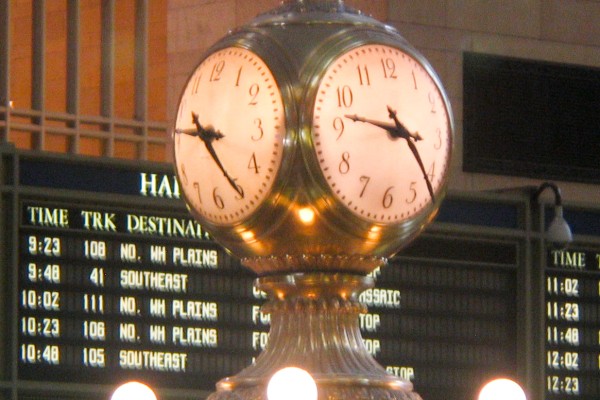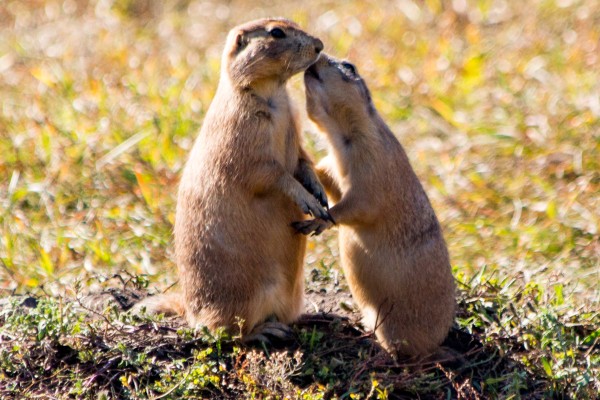Is it possible for a species to lose hope?

A recent letter to the Guardian Weekly (03.08.18) stated, "Nothing will halt the sixth extinction except a massive cull of the vast herds of Homo sapiens infesting the planet”. (Douglas Porteous, in ‘Replies’ on page 23)
Over dinner a few nights ago a close friend and vastly experienced humanitarian worker noted that "it is time humans left the earth. Our time is over, the damage is done and it is time for us to go". My friend was neither drunk or depressed.
Is this coincidence? May be I suffer from a version of pattern recognition, ascribing too much value to too little data, and seeing zebras where there are only horses.
But there is evidence that such views could be more widespread.
New Zealand researchers recently published the results of a comprehensive survey of citizens concerning climate change. Amongst the findings were two that stood out for me. (“Poll: Few Kiwis think world will overcome climate challenge”, New Zealand Herald, 15 July 2018)
In the context of a population where 84% believe that climate change is real and causing considerable concern, fully 11% believed there is no hope for the future and a further 14% believed that even though humans could do something about it they believed there would be no action to mitigate the process.
This means 25% of this group have little or no hope for the future. Further, only 10% of the total group believed that humans would be able to change what is presently going on. Trust in others, and presumably leaders, to make a positive difference is low.
Maybe New Zealanders are especially depressed? But, no, this does not seem likely.
New Zealand is a predominantly well-informed country, with high levels of education, literacy and exposure to science. Generally the country enjoys good standards of living, a strong culture and good health measures.
By most measures we could describe New Zealand as a resilient culture. Social cohesion measures are high, and the country is often described as one of the more stable and desirable places to live.
In terms of the usual measures of both group and individual resilience (social relationships, health, shelter, freedom, and so on) it would be reasonable to assume that ‘hope’ for the future would also measure high.
Now, I am not interested, in this post, in debating the merits or otherwise of climate change. I’m much more interested in faith or belief in the goodness of humanity and hope for the future.
The resilience research on both individuals and groups is unequivocal. If social cohesion breaks down, and faith in other people is compromised, and hope for the future fades, then we can expect negative health and social consequences.
Trust in others, whether it is leaders, parents, colleagues or family members, is an essential component of resilience. If the trust that others will care and support is fails, then our resilience is compromised.
A family or group with no hope quickly falls apart or becomes toxic.
So, my question is whether this premise might hold for a whole species? Such as Homo sapiens?
Members of this species are intricately linked through almost instant communication technology today, which reduces the effective distance between the origin of a message and its receiver. The impact of a message therefore can be felt very quickly and very broadly.
Also, we have the increasing and almost contradictory phenomenon of information silos, where individuals receive huge amounts of data and information but within the confines of special and individual interests. Information within these silos also repeats and reverberates, multiplying with increasing numbers of similar messages.
The impact on individuals can be extraordinary. Witness, for example, the so-called ‘pizza-gate’ shooting where an individual believed, without a shadow of a doubt, in the existence of a child trafficking ring being run out of a specific pizza restaurant. He had received so much information inside his silo asserting this was so that he felt compelled to act.
What we know is that it does not need all the members of a family or group to become depressed, or feel there is no hope for the future for the individual and group to experience negative consequences.
Getting back to Homo sapiens, then, I find myself asking two related questions.
1. Is the percentage of Homo sapiens experiencing significant loss of hope and faith in the future increasing globally?
2. What percentage of any population group needs to lose hope, faith and the will to live before some kind of tipping point is reached and the health and wellbeing of the whole group is compromised?
And, therefore, there must be a third question. How would we know and what indicators would inform us?
Read next
A Brief Collapse of Time
We are in lockdown. What day is it? One of the most common comments on social media is the old joke about yesterday, today, tomorrow, everyday.
Read more50 Dead - Resilience Reflection #3 - Social Cohesion
We know that relationships are both protective and growth-promoting.
Read more50 Dead - Resilience Reflection #2 - Leadership
Leadership and resilience are interconnected. This isn’t a new finding, of course. But rarely do we experience examples of how leadership supports, mediates and builds leadership.
Read more

